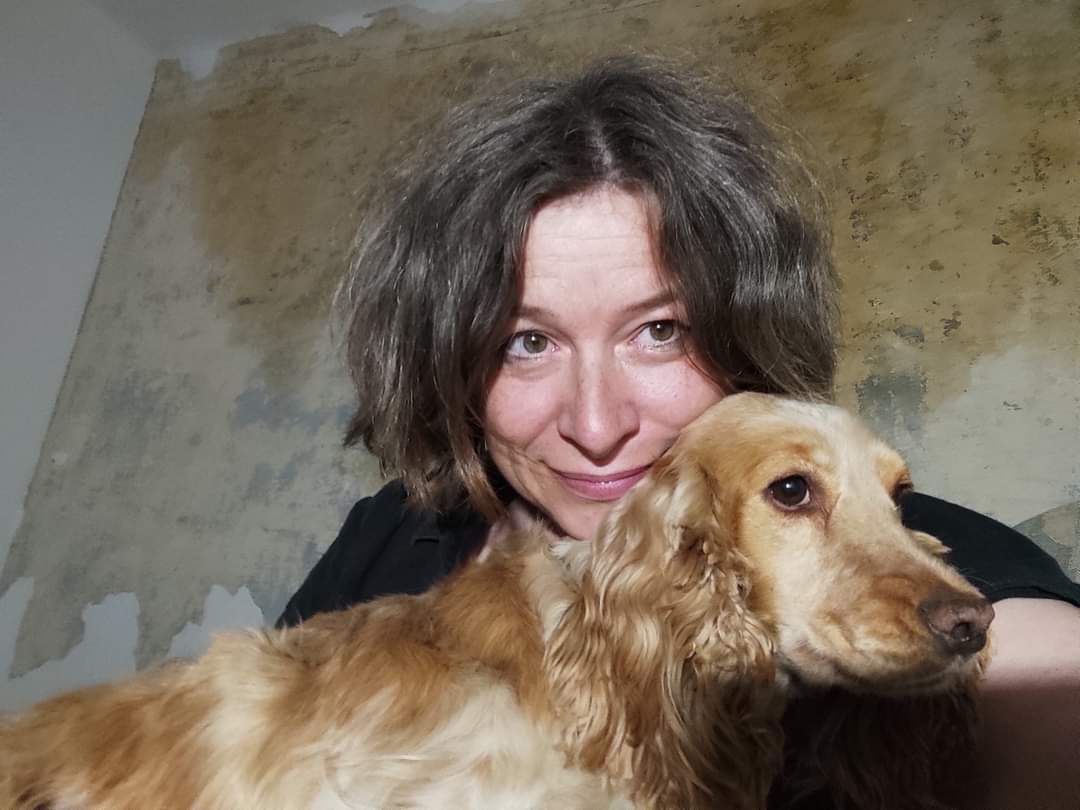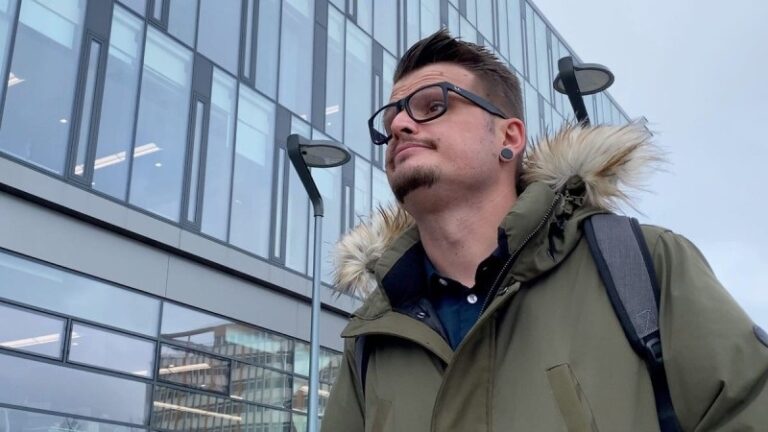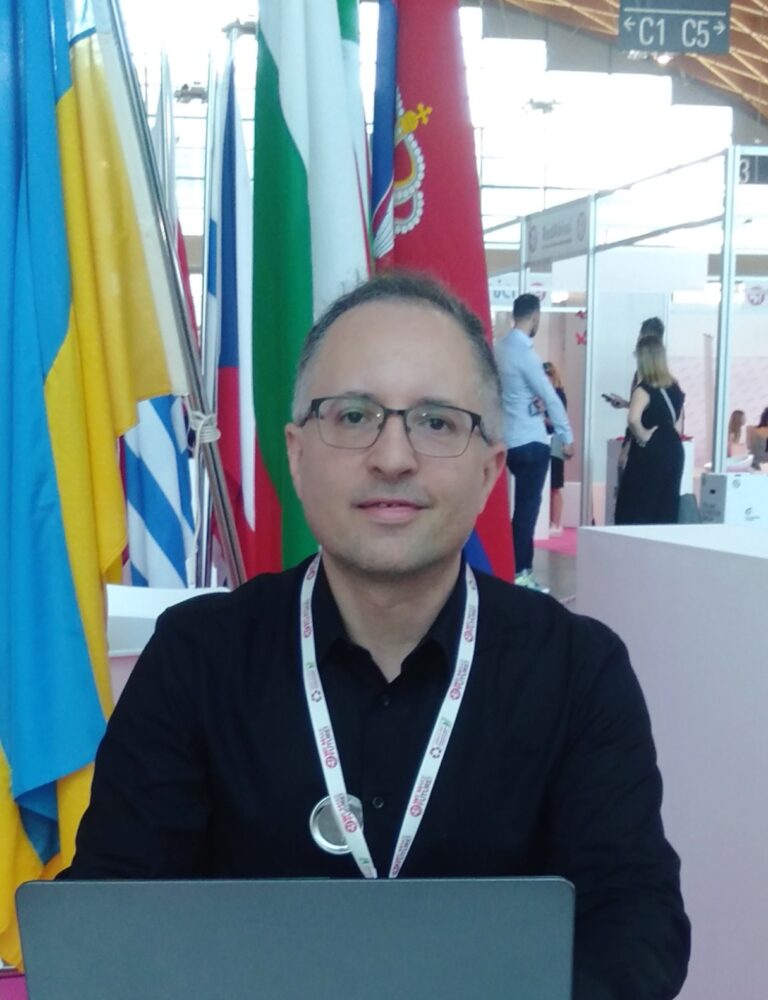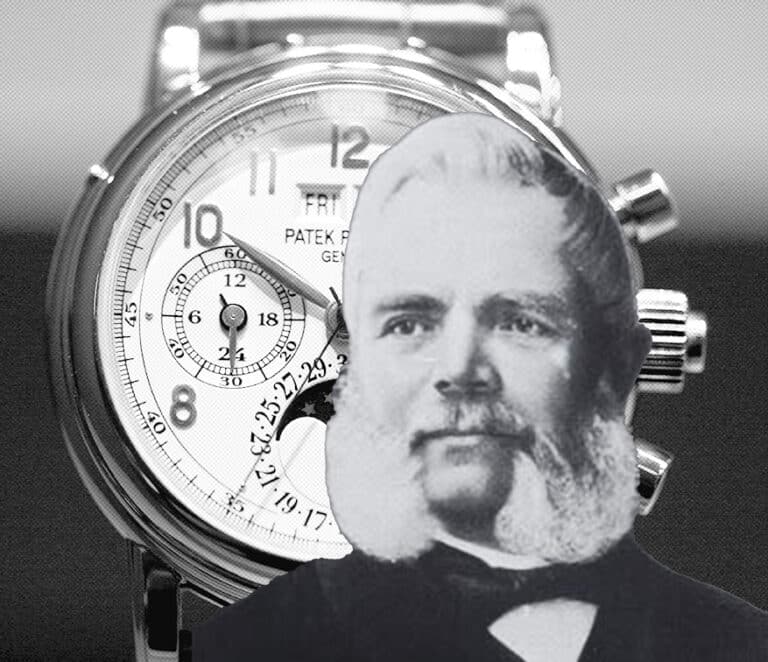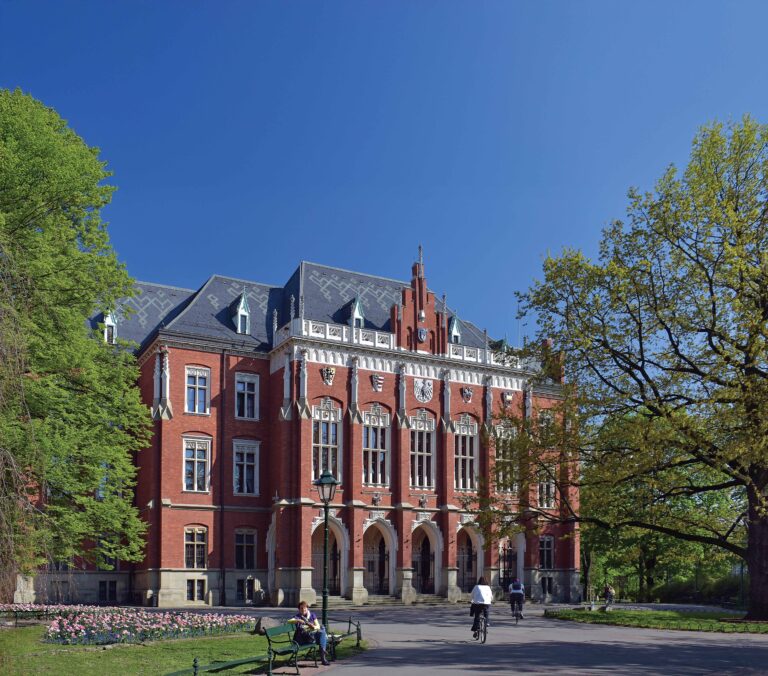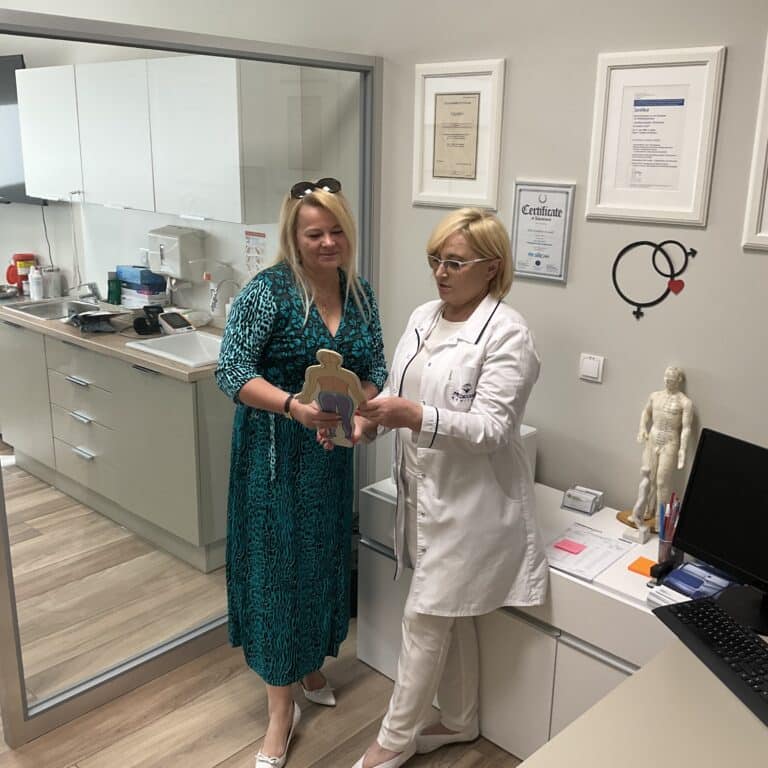HOLD ON TO YOUR DEMOCRACY
Xisha is a Belarusian artist and a political refugee living in Warsaw. Graduated from The Belarusian Academy of Arts in Minsk in 1996, she’s been a soldier with the art as a weapon ever since. Named ‘an extremist’ and systematically repressed by the dictatorship, she was granted an asylum in Poland one year ago and found herself here just moths before the Russian attack on Ukraine. In the face of the new war her mission unexpectedly extended, bringing a new meaning to her life and work.
What was the turning point that finally made you escape the mounting political repressions?
I come from the family of repressed ‘enemies of the people’ and ‘Polish spies’ who were executed by Stalin’s regime in 1937. Being a dissident is in my blood and lies at the core of who I am and what I do. Of course my art was declared ‘extremist’ a long time ago, but I knew I truly couldn’t stay any longer the day my daughter called me and said – ‘don’t come back home’. They were already waiting for me… Belarusian dictatorship really is a perfect continuator of the best traditions of NKVD and KGB.
One of your art projects is actually directly related to the political prisoners in Belarus…
Yes, it’s called ‘Belarusian Stigmata’ and it depicts faces of the Belarusian political prisoners. There are already two thousand of them in Belarusian prisons. So far, I’ve painted four hundred portraits. The torture of the prisoners can be compared to the torture of people imprisoned in the war. We are indeed under occupation. I’ve been working on this project every day for the past two years. It was actually exhibited in Germany recently and now it’s going to the European Parliament in Brussels. Afterwards – Prague.
Why did you choose to seek shelter in Poland?
My son was already here and for the same reasons. He had to run from repressions at his university in Belarus. He came here for the Konstanty Kalinowski Scholarship Program to continue his education.
So your beginnings here were this much easier…
Yes, but not just because of that. From the very start I only experienced understanding and empathy from the people in Poland. When we arrived in Warsaw I went to the Foreigners’ Office, showed them my illustrations from the opposition books and asked for asylum for me and for my daughter. Then I went straight to the Wola Centre of Culture and got myself a job as an art teacher. I shared with them my teaching experience – back in Belarus I used to have my own studio called ‘The friendship of the deer, the hare, the dragon and the shark’. They immediately took me in – it was amazing! I am so grateful for this understanding and kindness! The people here and their openness made all the difference.
What do you do now?
After the Russian invasion on Ukraine I volunteered at the Polish-Ukraine Centre Wolska. This work is so important for me! I feel like all my creative forces now are aiming at giving testimony to the great courage in the Ukrainians’ fight for freedom. We help and support those who have fled the war in almost every aspect of life on a daily basis. For me personally there is also one more side of these meetings. Because I am Belarusian, sometimes I feel I should clarify what side I’m on. I don’t perceive it as an imposition, but rather as an opportunity to show my support, empathy and admiration for the Ukrainian spirit. My country is occupied by the cannibalistic regime and my friends and neighbours are resisting destruction from the same dark force. The dialogue is necessary and it sort of became a new calling for me. Even though the tragedy of war is with us every day, I still feel inspired. And I’m learning so much – from Ukrainians: the ability to unite, from Poles – their thoroughness, bringing things to a conclusion and teamwork. We Belarusians are more individualistic.
You’ve been here for a year now. Do you feel connected to the place and the people here?
In many ways, yes. I work with amazing and very talented people. I’ve had a lot of inspiring meetings with personalities from the intellectual clubs of the ‘Solidarność’ movement’s time, whose commitment to your country and democracy inspires me every day. My son is studying here, my daughter is in fantastic high school and I’m really happy with the educational opportunities they have. The education system is truly great in Poland – it really encourages development and supports learning process. I also have my favourite places in Warsaw. I live in the old Mokotów and I love it. Królikarnia, Dreszer Park, Royal Park Łazienki – they are full of charm all year round. And of course the riverside – I love to walk under all the bridges. There is one special place in Warsaw that carries a great significance for me and is strongly connected to my sense of duty – the Rakowiecka prison and The Museum of Cursed Soldiers and Political Prisoners of The Polish People’s Republic. I live nearby so everyday I go to its yard to pray and remember the thousands of intellectuals, who were executed in 1937 in Belarus. In the place where that crime actually happened, the regime is building a restaurant right now – just to prevent us from remembering. So I found my own symbolic space to commemorate my people here in Warsaw. I think now I can say I finally feel at home in Poland. I recently adopted a dog that was saved from Ukraine and that helped me a lot. Except for the nostalgia, which is mute and beyond the mind.
So you often imagine the day you’ll go back?
Back in Belarus I never thought I would ever leave my country. I have to go back and some day I will. I am hopeful and I deeply believe that there will come a moment when I will return to my homeland. I am preparing for this – for the independence, freedom and peace. On that day I will say goodbye to the streets of Warsaw and my favourite Vistula with all her bridges – all the places that gave me the shelter when I needed it the most.
And what would be your farewell message to the Polish people?
You have a true democracy here. Fought for and built by brave Polish people. Please hold on to it, nurture it and don’t take it for granted. It can take decades to get, and just a moment to lose.

